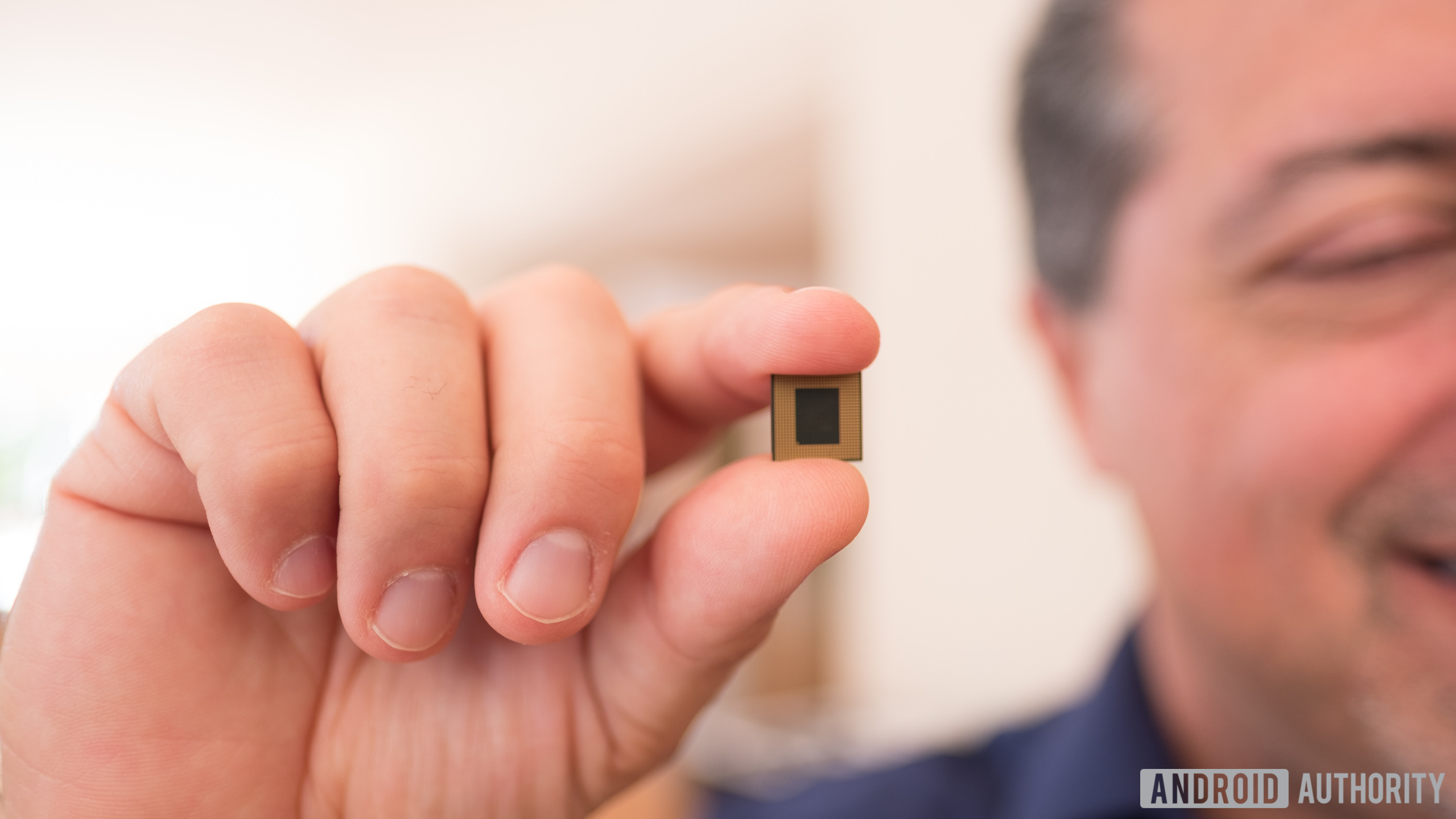
- The European Union has fined Qualcomm $1.23 billion for a violation of antitrust laws.
- The fine pertains to deals Qualcomm made with Apple for the exclusive use of its modems in iPad and iPhone products.
- Qualcomm says it's "confident" that its agreements didn't affect market competition and will appeal immediately.
After a two year investigation into alleged violation of antitrust laws, the European Union has hit Qualcomm with a whopping $1.23 billion (€997 million) fine. In response, Qualcomm says that it "strongly disagrees with the decision" and has announced that it will launch an appeal with the General Court of the European Union with immediate effect.
The ruling relates to deals made with Apple between 2011 and 2016, agreements which saw Qualcomm pay billions of dollars to the Cupertino giant. In return, Apple agreed to exclusively use Qualcomm's modems in LTE-enabled iPhone and iPad models for a five-year period.
In a report released earlier today (via The Verge), the EU Commission accuses Qualcomm of abusing its market dominance, stating that the agreements were not just based on "reductions in price", but arranged to effectively shut out competition from rival companies.
In an accompanying statement, EU competition commissioner Margrethe Vestager notes that the exclusivity clause meant that "no rival could effectively challenge Qualcomm in this market, no matter how good their products were." She continued:
Qualcomm's behaviour denied consumers and other companies more choice and innovation – and this in a sector with a huge demand and potential for innovative technologies. This is illegal under EU antitrust rules and why we have taken today's decision.
The significant fine, which reportedly represents 4.9% of Qualcomm's annual turnover for 2017, is based on the EU Commission's final judgment that Qualcomm's actions represent a breach of EU antitrust laws. No action will be taken against Apple as a result of the investigation.
Qualcomm's response has been swift. In a statement, the company acknowledged the decision and accompanying fine, but confirmed it would launch an immediate appeal. Executive vice president of Qualcomm, Don Rosenberg, is quoted in the statement as saying:
We are confident this agreement did not violate EU competition rules or adversely affect market competition or European consumers. We have a strong case for judicial review and we will immediately commence that process.
Qualcomm is no stranger to accusations of anti-competitive practices. The US Federal Trade Commission charged the chip maker over license terms surrounding its baseband processor products back in early 2017 and is conducting its own investigation into the Apple-Qualcomm deals.
Taiwan's Fair Trade Commission also fined Qualcomm $773 million for antitrust violations last October, while South Korea's equivalent body hit the firm with an $854 million penalty just under a year prior.
The EU fine, myriad lawsuits with Apple, an ongoing FTC investigation, and Broadcom's aggressive takeover bid all paint a troubled picture for the San Diego firm
The big irony here is that Apple and Qualcomm are currently locked in a seemingly never-ending blood feud. Each company has been batting litigation back and forth between each other ever since Apple levied a $1 billion lawsuit against Qualcomm over selected patents last January.
As a result, Apple is reportedly looking to sever all ties with Qualcomm in favor of other leading modem suppliers, with Intel and MediaTek both possible partners.
This potential loss of business, the myriad lawsuits with Apple, news of today's fine, and the aforementioned FTC investigation all paint a somewhat troubled picture for the San Diego firm.
There are also suggestions that the fine could impact Qualcomm's position in Broadcom's aggressive takeover bid. While the initial $105 billion bid was rejected by Qualcomm, the offer is reportedly still on the table – a situation that has caused concern among some of Qualcomm's biggest customers including Google and Microsoft, and more recently Chinese OEMs Xiaomi, Oppo, and Vivo.
from Android Authority http://ift.tt/2rysAjd
via IFTTT

Aucun commentaire:
Enregistrer un commentaire